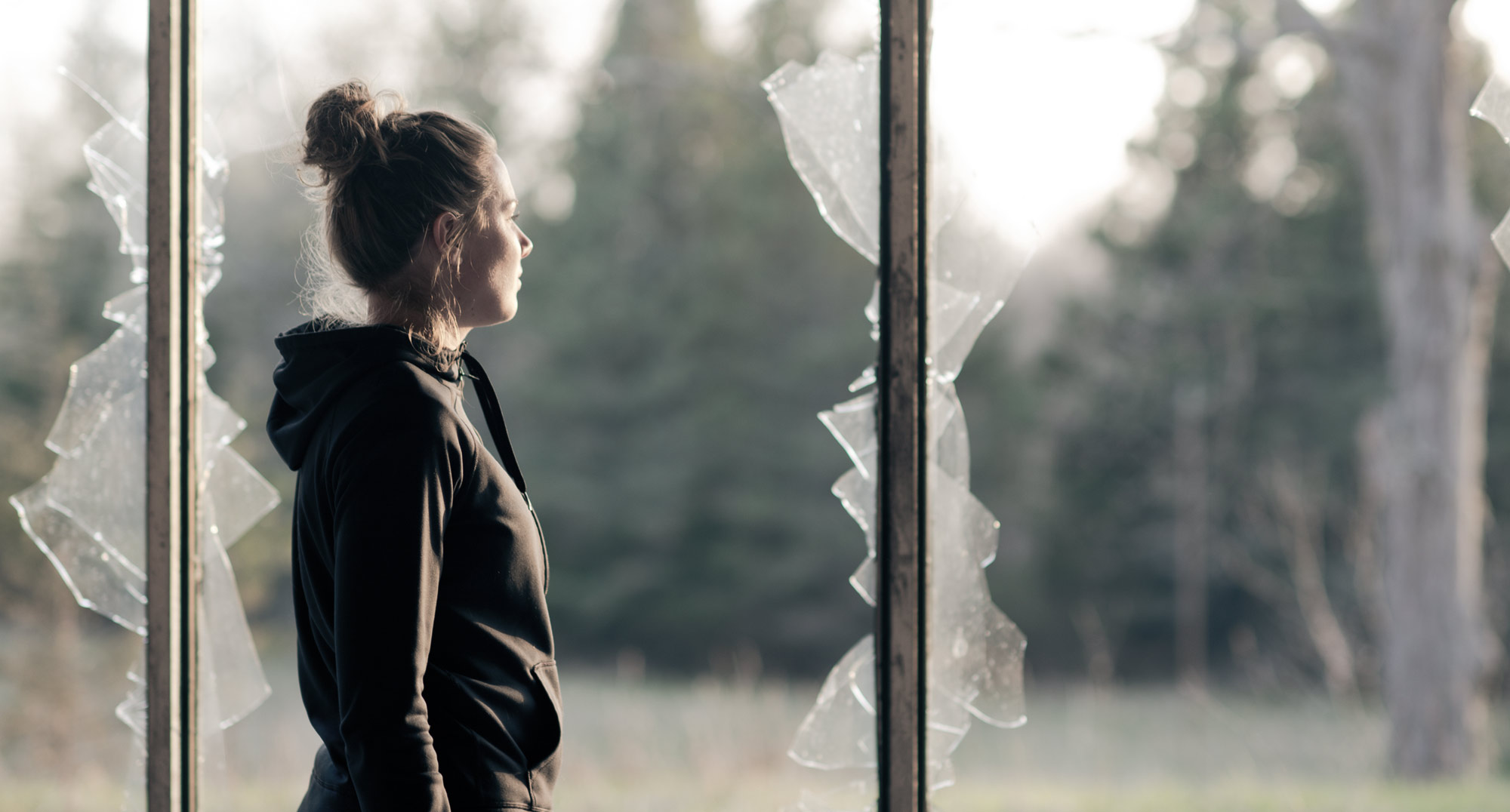SHARON MORGINSKY|GUEST
“We are all mere beggars telling other beggars where to find bread”
—Martin Luther
My husband is a church planter and our biggest desire was to start a church where when people came through the doors, they felt welcome. We wanted people coming from all stages of life to feel like they belonged. We did not want it to feel like a church where the people had it all together.
We desired the un-churched and de-churched and everyone in-between to feel at home. Recovering addicts and recovering Pharisees. People not sure about Christianity and people who have known Jesus their whole lives. Starting a church like that has been hard but it is happening and it’s exciting to watch. People who really get they are sinners continue to show up and receive the grace that is given in church community and it’s beautiful to see. Here are a few things I’ve learned along the way.
Recognize your own neediness:
People can tell when you think they are needy and broken and nobody likes to feel that way. When we understand we don’t have it all together, we come to serve people from a place of non-judgment. We see the log in our own eye clearly. That space and that awareness of our own self, frees people to feel welcome and to be authentic about their own junk. I’ve found the most endearing people to be around are people who are free to be themselves—the more we do that, the more people will want to be in our space because it feels safe.
Show up:
We’ve all heard that the first step in building community is to show up. That is also true of learning to love the broken. We have to put ourselves in places where the broken reside. That might be in your church, in your small group, or it might be on the street corner by your house. It might be in your kid’s school or it could be in your workplace. We all have broken stories. Seeking out people’s stories and making time to really listen is part of showing up. Being available is a huge way we can love the broken in today’s busy world. Matthew 1:23 says, “Behold, the virgin shall conceive and bear a son, and they shall call him Immanuel.” This verse reminds us of the incarnational pattern of redemption to be followed by God’s people: we show, we do, and we act like the hands and feet of Jesus.
Don’t be surprised:
I love that people trust us with their histories, their broken stories. It’s a privilege when people share life with us. Let’s honor their stories by not gasping or widening our eyes or biting our lips when we hear the nitty gritty details. If we want to be a church ready with open arms, we need to be ready to hear some hard truths about life: infidelity, abortion, drug addiction, hatred, and so much more. Jesus paid for it all. When we understand the depth of our own hearts and our own capabilities we are free to hear and not be surprised by the stories that people share.
Take the long view:
Deut 7:9 says, “Know therefore that the Lord your God is God, the faithful God who keeps covenant and steadfast love with those who love him and keep his commandments, to a thousand generations.” I will be honest, sometimes this church planting stuff is hard work and we want to quit. Often. People come into our lives with super broken stories. We love them fiercely and then sometimes they disappear. It’s exhausting. Or we really think someone is coming to know the Lord and then they stop coming around. It’s frustrating. But I’ve come to realize we might just be a stepping stone in someone’s journey to know God. God’s plan for our life isn’t always a straight road from A to B and that’s likely the case for most everyone else. Let’s take the long view in God’s loving kindness bringing people to repentance. It is freeing to see people that way—not to rush them into God’s kingdom.
I find I am most loving, most available, and most welcoming when I am aware of my own neediness. My need for the Gospel of Grace is huge. When I’m drinking deeply of the truth that Jesus paid it all and my performance doesn’t matter—my home is open, my schedule is open, and my heart is open to love those around me. My clean house, my clean pantry, my to-do list— those things become secondary to listening to people’s stories and sharing God’s good grace with them.
Let’s all remember our need for grace and love the broken just as God has loved us.
About the Author:
Sharon Morginsky
Sharon Morginsky is mama to 5 children and wife to a hunk of a church planter. They planted Grace and Peace Church (PCA) in Denver in 2016, which is a church that seeks and works for racial equality and social justice for the glory of the Kingdom. She’s also a counselor who specializes in grief/loss, marriage therapy, anxiety/depression, and life transitions for women. She counsels people in Denver and also remotely across the US. In her free time she loves to be in the Colorado mountains hiking, biking, and snow shoeing. She values community, adventure, and soul talks over coffee. You can contact her through her website www.SharonMorginsky.com

